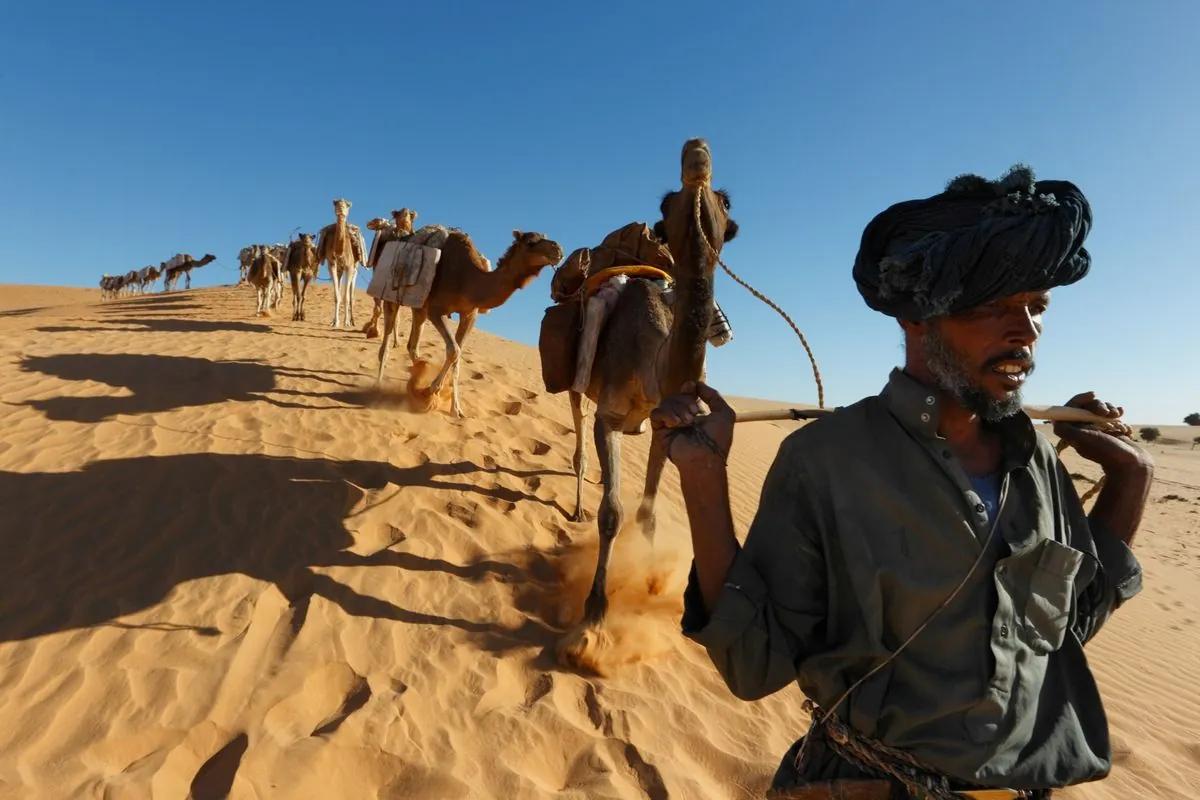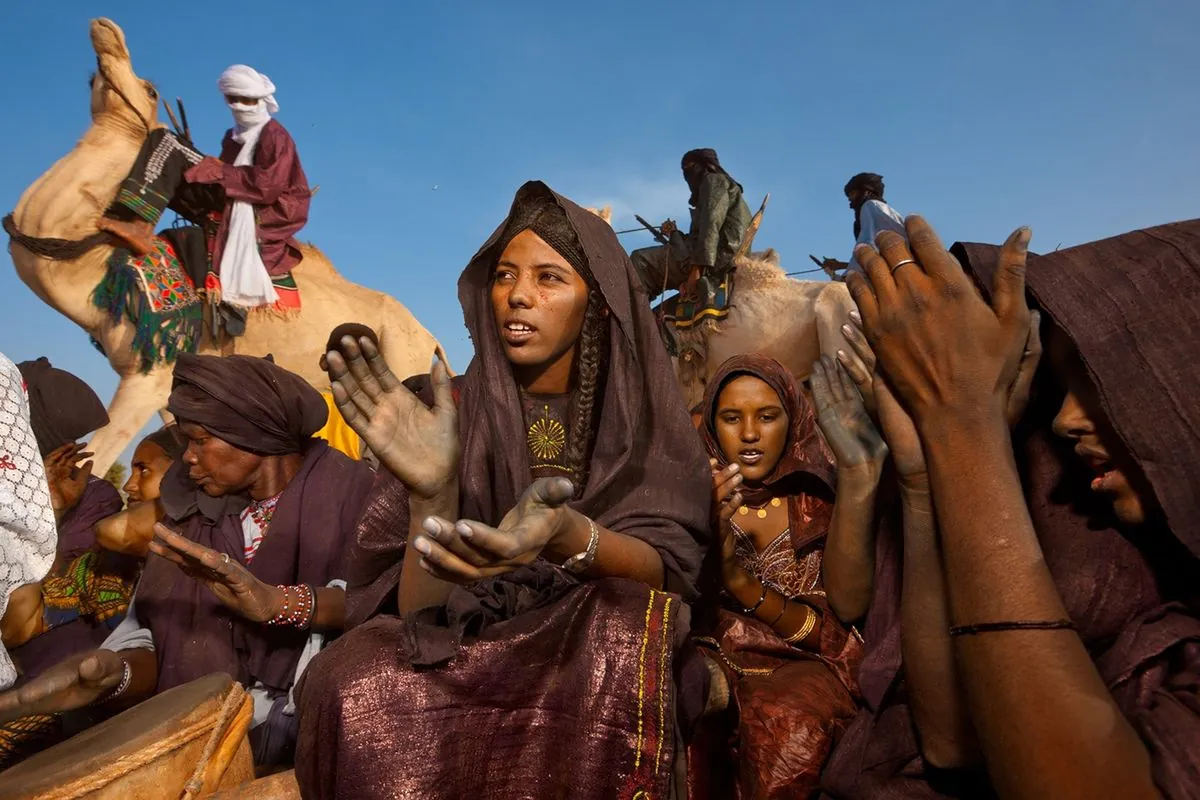Tuareg Rebels Deny Foreign Aid in Mali Conflict, Diplomatic Tensions Rise
Tuareg rebels claim victory over Mali's army and Wagner Group, denying Ukrainian assistance. Mali severs ties with Ukraine amid accusations, while regional dynamics shift in the Sahel conflict.

In a recent development in the ongoing Malian conflict, a spokesperson for the Tuareg rebel alliance has refuted claims of external assistance in their recent confrontation with Mali's army and Wagner Group mercenaries. The battle, which took place in late July 2024 near the Algerian border, resulted in significant losses for the Malian forces and their Russian allies.
Mohamed Elmaouloud Ramadane, representing the Permanent Strategic Framework for Peace, Security and Development (CSP-PSD) rebel alliance, stated, "We can clearly say that we received no outside help for the fighting at Tinzaouaten." This assertion comes in response to speculation about potential Ukrainian involvement in the conflict.
The recent clashes mark a critical point in Mali's complex political landscape, which has been shaped by years of instability. Mali, the eighth-largest country in Africa, gained independence from France in 1960 and has since faced numerous challenges, including the ongoing Malian Civil War that began in 2012.

The Tuareg people, a Berber ethnic group with a rich history of nomadism and trade in the Sahara, initiated a rebellion against the Malian government in 2012. This uprising was later co-opted by Islamist groups linked to Al-Qaeda and the Islamic State, further complicating the regional security situation.
In early August 2024, the northern rebels claimed to have killed at least 84 Russian Wagner Group mercenaries and 47 Malian soldiers during intense fighting in Tinzaouaten. This town, situated near the Algerian border, has become a focal point in the conflict. The Wagner Group, a Russian paramilitary organization that entered Mali two years ago to support the country's military authorities, reportedly suffered its heaviest defeat since its involvement in the region.
The situation took a diplomatic turn when Ukraine's military intelligence agency made comments on July 29, 2024, which Mali interpreted as an admission of providing information to the rebels. This led to Mali severing diplomatic ties with Ukraine, a move that was later mirrored by neighboring Niger.
"The decision to cut diplomatic ties was hasty, and no evidence has been provided to show Kyiv had played any role in the fighting."
Ramadane firmly denied any assistance from Ukraine, stating, "No, we have not received any assistance from Ukraine," in response to questions about financial or training support.
The conflict's complexity is further highlighted by claims from Jama'a Nusrat ul-Islam wa al-Muslimin (JNIM), an Al-Qaeda affiliate, which asserted it had killed 50 Wagner mercenaries and 10 Malian soldiers in an ambush in the same area. This multi-faceted nature of the conflict reflects the intricate web of alliances and rivalries in the Sahel region.
The Sahel, a semi-arid belt south of the Sahara Desert, has been a hotbed of insurgency and political instability. The United Nations Multidimensional Integrated Stabilization Mission in Mali (MINUSMA), established in 2013, has struggled to maintain peace in the region.
As the situation evolves, the junta governments of Mali, Niger, and Burkina Faso, all of which have seized power since 2020, have strengthened their ties with Russia. This shift in allegiances adds another layer to the complex geopolitical dynamics of West Africa, a region once home to the great empires of Ghana, Mali, and Songhai.
The ongoing conflict not only threatens regional stability but also puts at risk Mali's rich cultural heritage, including the famous Timbuktu manuscripts. As the Niger River, Africa's third-longest, flows through this troubled land, the international community watches closely, hoping for a resolution to this protracted crisis.


































